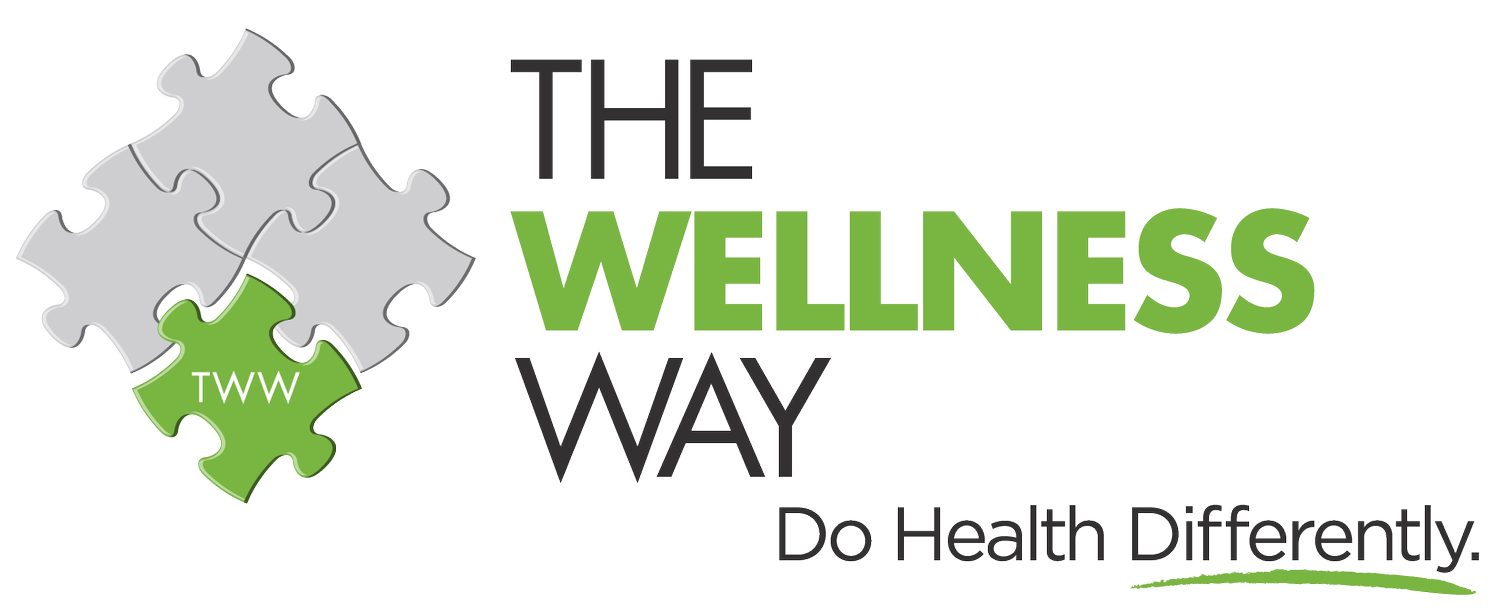Key Hormones in the Female Cycle And Why They Matter
Women’s bodies are beautifully complex, powered by cycles that influence nearly every aspect of wellness.
At the heart of these cycles are hormones, the tiny messengers that direct everything from energy and mood to fertility and even stress resilience. Understanding these key hormones is the first step in unlocking a deeper connection to well-being and embracing a more empowered lifestyle.
Estrogens: The Cycle’s Architect
Estrogens are much more than reproductive hormones - they’re active builders within the body, thickening the uterine lining, keeping skin glowing, uplifting mood, and even giving a gentle boost to energy levels.
Without healthy estrogen rhythms, cycles can go off balance, making self-care even more essential.
Progesterone: The Peacekeeper
After ovulation, progesterone rises, working behind the scenes to support mood, promote restorative sleep, and maintain the early stages of pregnancy if conception happens.
This hormone is crucial for grounding the month’s energy, helping one feel centered and at ease.
Testosterone: An Unsung Hero
Often thought of as a “male” hormone, testosterone quietly fuels women’s libido, builds energy, and preserves muscle strength - all necessary resources for thriving through busy days.
When testosterone is in balance, it enhances drive and motivation, both physically and emotionally.
FSH & LH: The Conductors
Follicle-Stimulating Hormone (FSH) and Luteinizing Hormone (LH) work together to orchestrate the menstrual cycle. FSH stimulates egg growth and sparks estrogen production, while LH triggers ovulation and helps maintain progesterone output. Both are essential for fertility and overall hormonal harmony.
Insulin: The Energy Regulator
Insulin doesn’t just impact blood sugar, it helps regulate overall energy. Balanced insulin means more consistent moods and fewer energy slumps, while imbalances can create ripple effects throughout the cycle.
Cortisol: The Stress Sensor
Cortisol is known as the “stress hormone,” but its influence goes deeper, impacting energy, sleep, and even how smoothly a cycle flows. When stress is high or unaddressed, cortisol can disrupt other hormones, making it harder to feel balanced and vibrant.
Why Hormonal Balance Matters
Hormonal balance isn’t just about periods and fertility - it’s foundational for vibrant physical, mental, and emotional health throughout all stages of life. Imbalances can create symptoms like fatigue, mood swings, trouble sleeping, acne, and even long-term risks for bone and heart health.
Embracing natural strategies for balance (like movement, nutrition, stress management, and mindfulness) empowers women to experience more ease within their bodies.
At The Wellness Way Sarasota, we believe that understanding your cycle is a superpower. When you learn to work with your hormones instead of battling them, the path to well-being becomes more joyful and sustainable.
Ready for a deeper dive? Join us for our Fall Into Wellness Women’s Event, a half-day retreat curated specifically for women who do it all. This immersive experience guides you to decompress, reconnect, and rediscover your well-being through talks on syncing with your cycle, mastering stress, movement sessions, a hands-on holistic workshop, and nourishing, gluten- and dairy-free eats.
Whether you’re preparing for pregnancy, balancing postpartum, or simply craving a day to slow down and recharge, this is your invitation to pour back into yourself.

